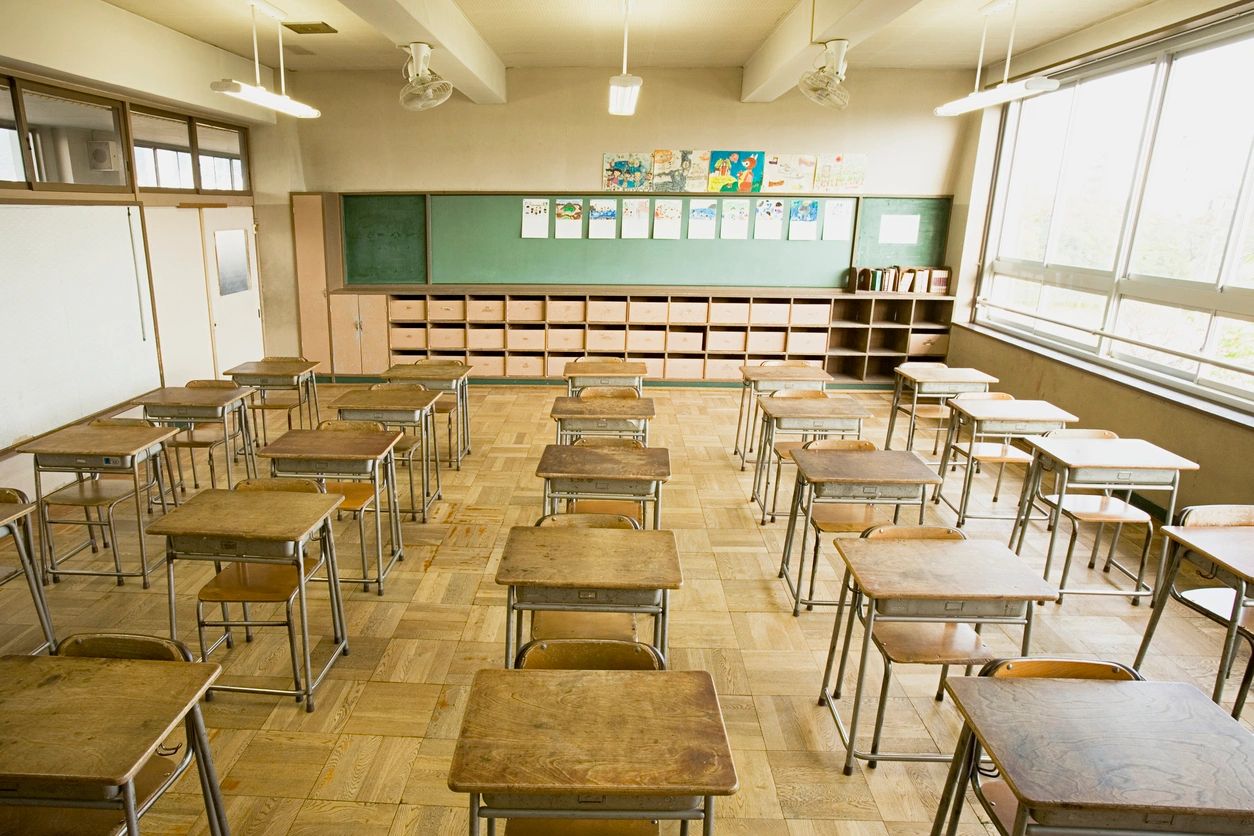If we are to beat this pandemic and make online classes work, we must become more mindful of the mental health issues that affect all of us. The disruption and human disconnect that the pandemic has brought pose an underlying danger to students: that of mental exhaustion and depression.
‘Just in time’ is a famous operations strategy that maximises efficiency and organises inventory in factories around the world. But for students stuck under lockdown during the COVID-19 pandemic, ‘just in time’ has a different meaning.
The pandemic initially created euphoria among us students. Even though there were still school classes taking place during the summer holidays, online classes seemed to be the answer to everyone’s inherent longing for results without efforts. (Kids could now bunk classes while still attending.)
While everybody – from the schools and colleges, to parents themselves – were cautiously testing the concept of online classes, students adopted the ‘just in time’ strategy of attending classes from bed to computer. We enjoyed the mischievous nature of the whole affair, as well as the fact that there were no oral questions, no tests, and no strict regimentation. All in all, students expected online classes to feel like an extended holiday with everyone monitoring their own selves.
Yet, slowly, the euphoria wore off. Classes and tuition became monotonous. The learning experience became mechanical and we started to yearn for the human touch. Seeing 50 kids squeezed into a screen the size of an A4 sheet became a depressing sign of the times. Learning was no longer interactive, as teachers struggled to connect with their students personally, and students found it difficult to seek clarification to their conceptual doubts. Meanwhile, the rapport we share with our classmates was also rapidly diminishing. The warmth of human interactions was gone.
The concept of working from home has also turned into a terrible nightmare for many parents – and their children. With their children perennially under their noses, many of them feel the urge to constantly monitor their children’s activities every minute of every day, creating painful tensions at home and adding to anxiety all around.
Given that schools are likely to remain shut for the foreseeable future, we have no choice but to make online classes work. Online learning is undoubtedly convenient in many ways. Being able to access all educational resources and materials from anywhere and at any time is the biggest advantage this system offers. It also allows us to expand our knowledge and understanding, by giving us the opportunity to access resources beyond the classroom. We are also able to stay in touch with our lessons whenever we wish to refer to them.
However, if we are to beat this pandemic and make online classes work, we must become more mindful of the mental health issues that affect all of us. The pandemic – and the disruption and human disconnect that it has brought – pose an underlying danger to students: that of mental exhaustion and depression. With the ability to interact with our friends from school now taken away – and parents and children bearing their own anxieties upon the other – all stakeholders now suffer. The uncertainty of when schools will reopen or when exams will be held is also overwhelming for many students.
Pre-COVID-19, all parties – from parents and students, to teachers and the school administration – were indifferent to each other’s concerns. Everyone used to act independently, with students doing their own thing, parents stepping in occasionally, and teachers and schools switching off when school hours ended each day. But if students are to get over COVID-19 and make the most of their online classes, such silos will not work. All stakeholders must collaborate more deeply with each other, empathise with each other’s situation and bring back the human touch that is now lost. Parents, too, must stop applying undue pressure and anxiety upon students who are already in distress. Students are particularly vulnerable to the mental health challenges introduced by the pandemic and its disruptive nature, given our limited experience of life.
With everyone distracted by the floundering economy, the lost jobs and other factors, students and their education system – which form the backbone of the nation’s future – are in danger of being ignored. It is time for all of us to come together and discuss more frankly the difficult mental health issues posed to students by the pandemic and its disruption of normal life.
Karan Walter Rasquinha is a high school student in St. Joseph's Boys High School, Bangalore.


